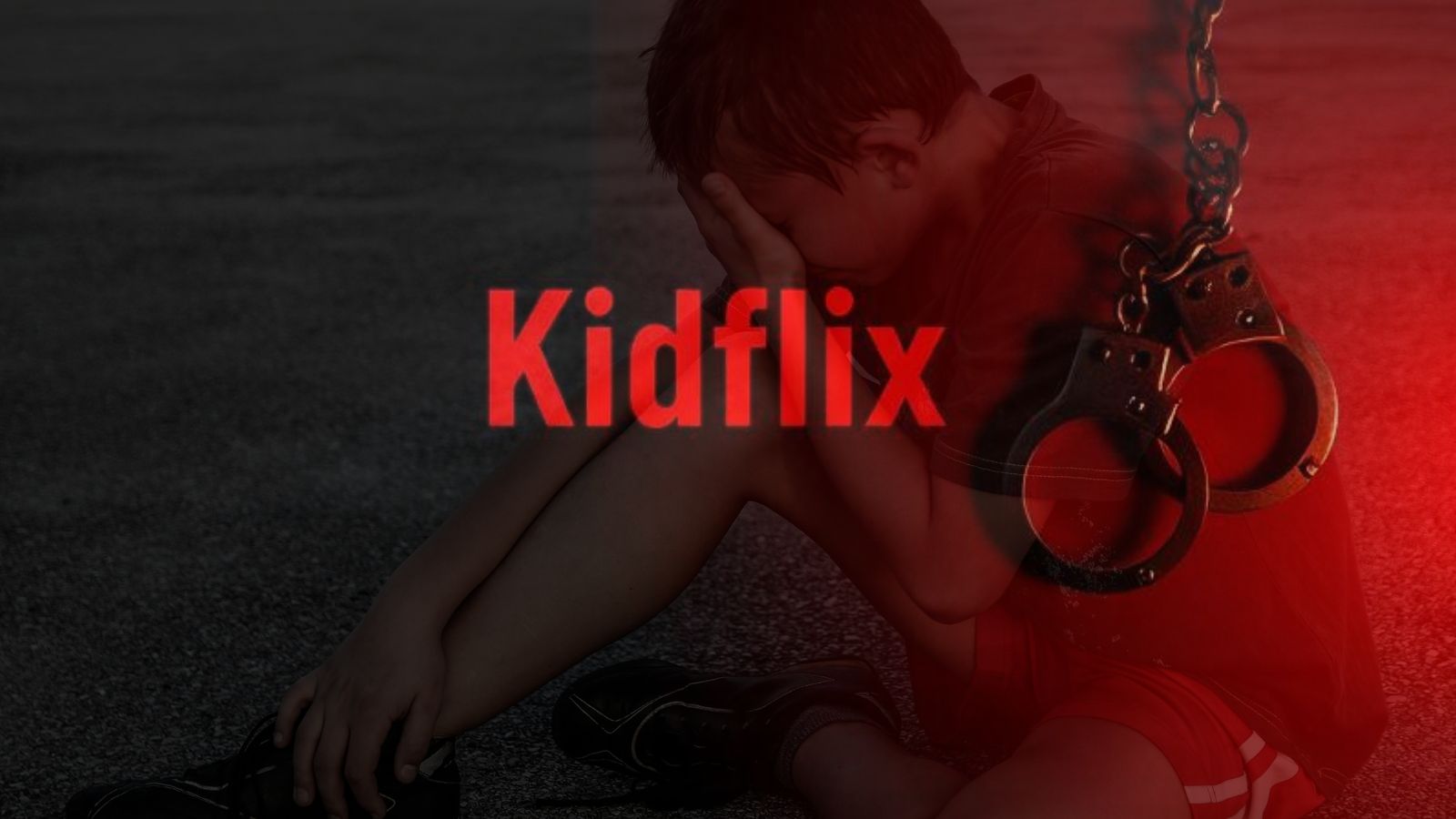
Denmark Wants to Deprive Pirate Sites of Advertising Revenue
- The Danish Ministry of Culture worked together with a local anti-piracy group to stop funding copyright-infringing sites.
- They have compiled a list of 350 URLs that shouldn’t receive any advertising deals from large media.
- Payment processors are also included in the ban, but pirate sites use cryptocurrencies anyway.
The Danish Ministry of Culture has moved forward with a plan that they forged together with the Rights Alliance, and which has the aspiring goal of preventing large advertisers from doing business with websites that engage in copyright infringement. For this, the organization has created a “blacklist” with 350 URLs, which have not been officially disclosed in detail.
According to internal sources, the Rights Alliance anti-piracy group has been working on this idea for years now, and the time to see it manifest has finally come. Called “The Codex Agreement,” it includes Denmark’s biggest media agencies and advertisers, as well as firms that do payment processing in this field. Everyone has agreed to decline services to the listed websites and avoid doing business with them.
Some of those who already signed the agreement are Microsoft News, Adform, Jubii Media Group, Eurocard, OMD, Danske Medier, and Xandr. Since so many key entities are involved in this new agreement, pirate sites in Denmark will now have big trouble finding ways to monetize their illegal activities.
While the list hasn’t been published, it is believed that it includes thepiratebay.org, popcorn-time.is, and grooveshark.com. One more thing that became clear was that the blacklist is to be expanded in the future, so the 350 URLs included now are only the starting set.
Related: “DanishBits” Torrent Tracker Down for the Third Day as Police Arrest Rumors Surface
The advertisers told the press that this list would lift any doubts about what constitutes a pirate site and what doesn’t, and allegedly, this was the main problem that these firms had to deal with until now. Already, users have noticed fewer advertising banners on various pirate sites in Denmark, so it’s clear that “The Codex Agreement” is having some effect.
Pirates may try to find alternative ways to reach out to advertisers and arrange new deals, as their platforms are still highly-visited and precious. If any advertisers attempt to do business with pirate sites under the table, they will be dealt with by the Ministry.
As for the payment processors, this one will be an easier obstacle for the pirate site operators to circumvent. Most of them have already been using cryptocurrencies for all their transactions anyway, so not much will change on that part.






